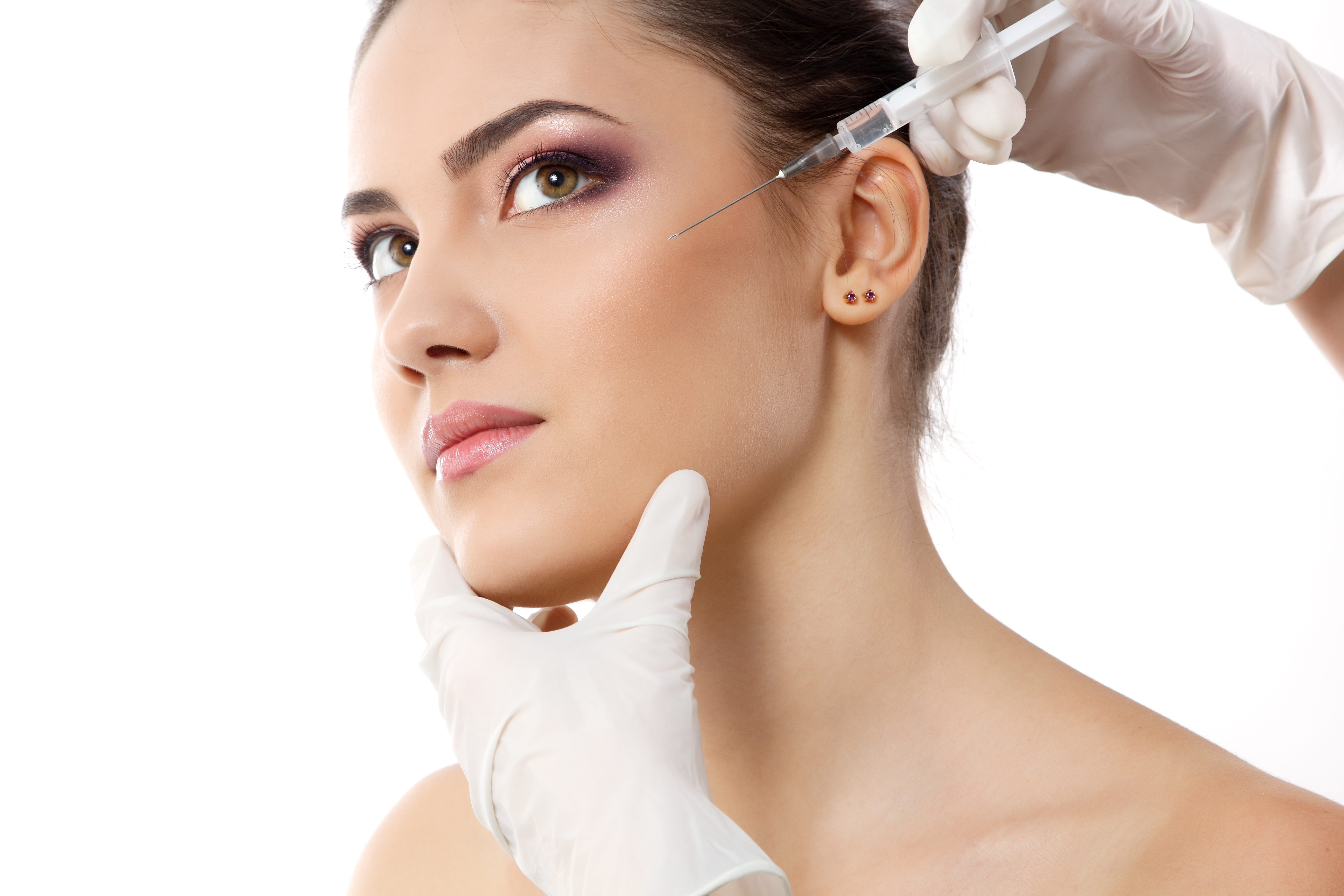Botox is made from the Clostridium Botulinum bacteria. This is the toxin that, when ingested in large quantities, can cause botulism. Science, however, has found that Botox can successfully treat wrinkles, lazy eye, frown lines, and other cosmetic issues resulting from the natural aging process. The FDA approved Botox as a treatment for uncontrolled blinking and lazy eye in 1980, and as a frown line treatment in 2002.
Botox is an invasive treatment and, after being injected into the skin, it blocks the nerve signals that control the facial muscles, preventing the contracting movement of those muscles. It’s this muscle movement, along with gravity and the sun that cause facial wrinkles over time. Botox can only treat wrinkles related to the facial muscles and does not improve wrinkles caused by gravity or sun damage. This concern comes from various queries that women tend to have and wish to understand that does botox help acne!

Using a thin needle the doctor injects Botox directly into the facial muscles. This treatment does not require a local anesthesia. However, the medical profession advises that the patient not consume alcoholic beverages for at least a week prior to the treatment, as well as not to consume any anti-inflammatory medications or aspirin for at least two weeks prior to treatment.
The Botox treatment can take several days before real results are recognizable or even noticed. Additionally, this treatment can last approximately six months. Wrinkles will begin to be noticed again between four to six months, during which they will need to be retreated. After multiple treatments, the muscles are trained to relax, thus maintaining a consistently smoother complexion. However, regular treatments are necessary to maintain a wrinkle free appearance.
There are side effects to this treatment, one of which is bruising. The bruising lasts for several days, but is totally dependent on the individual’s ability to heal. Headaches are another common side effect of Botox treatment, in some cases lasting as long as forty-eight hours. Some patients also develop eyelid drooping as a result of the bacteria’s migration.
Pregnant woman or those who are breastfeeding should avoid the use of this treatment, since the bacteria could harm the fetus or contaminate breast milk. This treatment should also be avoided by those individuals who suffer from neurological disorders. Prior to receiving this treatment the patient needs to consult their physician about the risks involved for their particular health situation.

Botox treatment can even create flu-like symptoms. And this result should make sense because Botox is a bacteria based treatment. Whenever the body has bacteria within it its natural reaction is to fight off that bacteria and flu-like symptoms is the process to do this. Bacteria are a natural enemy of the human body, therefore when it finds bacteria within it; it fights for its survival.
Botox treatments are a medical treatment and in no way a natural treatment. Because these treatments are medically cosmetic, it is not covered by most insurance policies. Before making your final treatment arrangements you should contact your insurance company to clarify your policy’s limitations.
